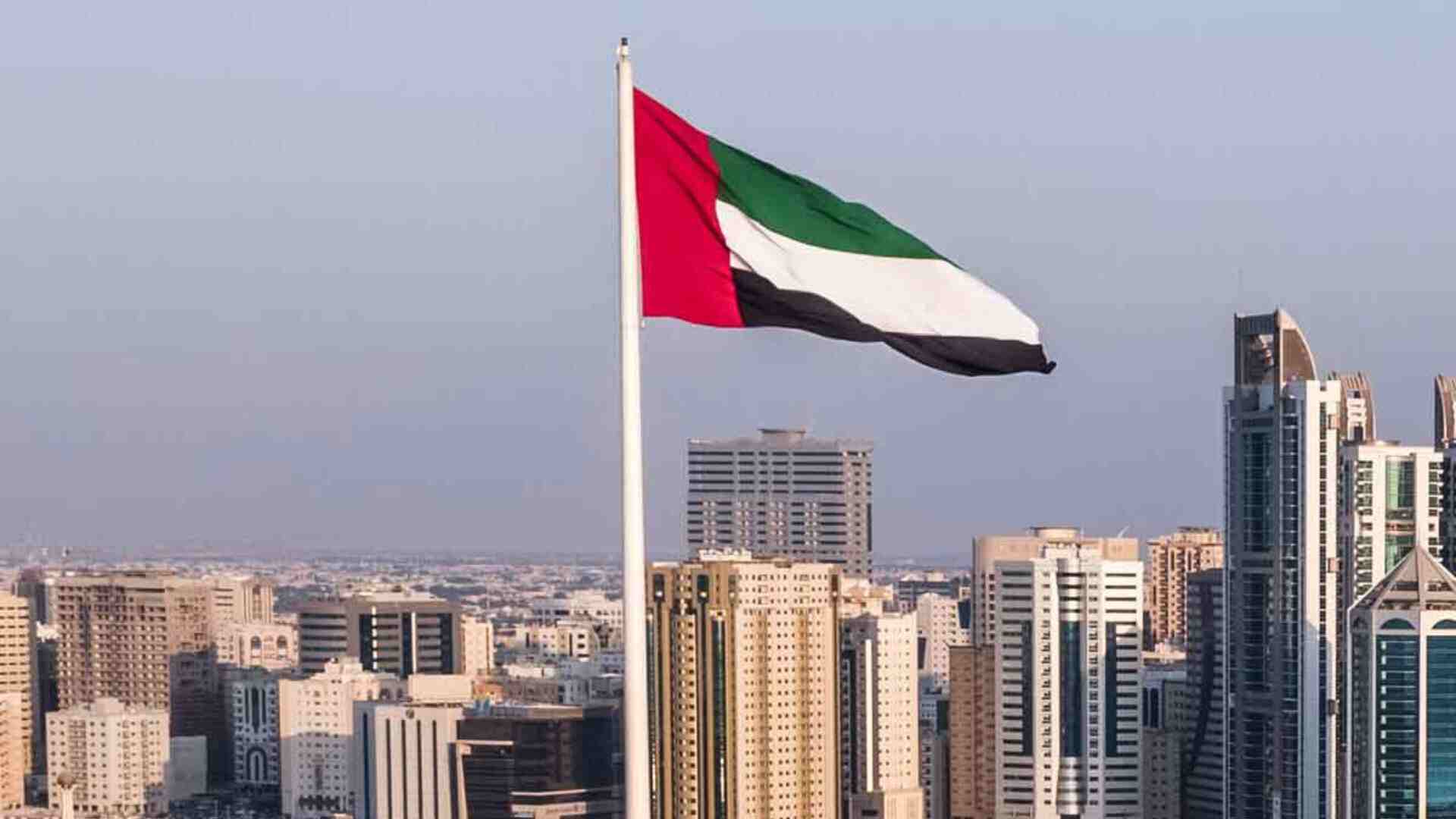
At the annual Arab League summit in Bahrain, the United Arab Emirates (UAE) is becoming a strong critic of the Palestinian Authority, withholding support for a major budget until Ramallah implements substantial reforms, including stopping payments to terrorists and ending incitement.
“In this way, the Emirates is aligning itself with the American position that strives for a new Palestinian Authority,” a high-level Arab diplomat conveyed to The Press Service of Israel.
Tensions have risen behind the scenes as the Emirates obstructed a proposed resolution to grant the Palestinian Authority USD 100 million monthly, citing issues of corruption and poor leadership. The Emiratis also called for increased financial transparency and anti-corruption measures within the PA, angering the Palestinian delegation.
“The Emiratis practically emptied the initiative to budget the Palestinian Authority of any content,” the diplomatic source explained to TPS-IL. “The refusal of the Emiratis to budget a corrupt authority should not surprise anyone.”
The UAE’s position, which questions President Mahmoud Abbas’s leadership, has gained backing from Israeli Defence Minister Yoav Galant, who is open to recognizing PA authority in a post-war Gaza. Despite this, the PA maintains its boycott of the US and Secretary of State Anthony Blinken, following the US veto of a UN Security Resolution that aimed to grant the Palestinians full UN membership.
“The Emirates have openly decided to align themselves with the Biden administration, which repeats and claims that only a new and reformed Palestinian Authority can be a partner in the eyes of the Americans the day after the war in the Gaza Strip,” the source told TPS-IL.
“The Emiratis have decided to teach the Palestinian Authority a lesson, and they are demanding from it a long series of reforms that will transform it from a Palestinian Authority into a completely different entity. Only when the Palestinian Authority is not Palestinian will it be kosher in the eyes of the Emirates,” he added mockingly.
The UAE is supporting Muhammed Dahlan, a rival of Abbas. Conversations with various Arab sources frequently mention Dahlan as a favored candidate to lead post-war Gaza.
Dahlan, once a prominent figure in Fatah, was the PA’s “strong man” in Gaza when Hamas forcibly took over the Strip in 2007. As Dahlan’s influence in Fatah grew, he clashed with Abbas and was expelled from the party in 2011. He was subsequently tried in absentia in Ramallah on corruption charges, which he denies.
TPS-IL has reported that during a recent Zoom conference of Arab diplomats in April, participants expressed opposition to Abbas’s leadership. Palestinians have not held national elections since 2005, and Abbas is now in the 19th year of a four-year term. Since then, Abbas has canceled multiple election attempts due to Fatah-Hamas conflicts, most recently in 2021.
The US has been urging Abbas to reform the PA as a prerequisite for managing Gaza’s administration and reconstruction. The proposed reforms include reducing the PA’s bloated and inefficient bureaucracy, replacing diplomats representing the PA abroad, and establishing an internal self-investigation mechanism within the Palestinian Preventive Security. Ramallah aims to meet US demands by forming a Palestinian technocratic government that includes “softcore” Hamas members and facilitating indirect “pay-for-slay” funding.
However, there is widespread skepticism in Ramallah about Abbas’s commitment to implementing these reforms. A March survey by the Palestinian Centre for Policy and Survey Research revealed that 81 percent of Palestinians in Judea, Samaria, and Gaza are dissatisfied with Abbas’s leadership, and 84 percent want him to resign.
Palestinians have not held national elections since 2005, and Abbas is now in the 19th year of what was supposed to be a four-year term. Abbas has canceled several election attempts due to Fatah-Hamas disagreements, most recently in 2021.
On October 7, Hamas’s attacks on Israeli communities near the Gaza border resulted in at least 1,200 deaths and the kidnapping of 240 Israelis and foreigners. Approximately 30 of the remaining 132 hostages are believed to be dead.